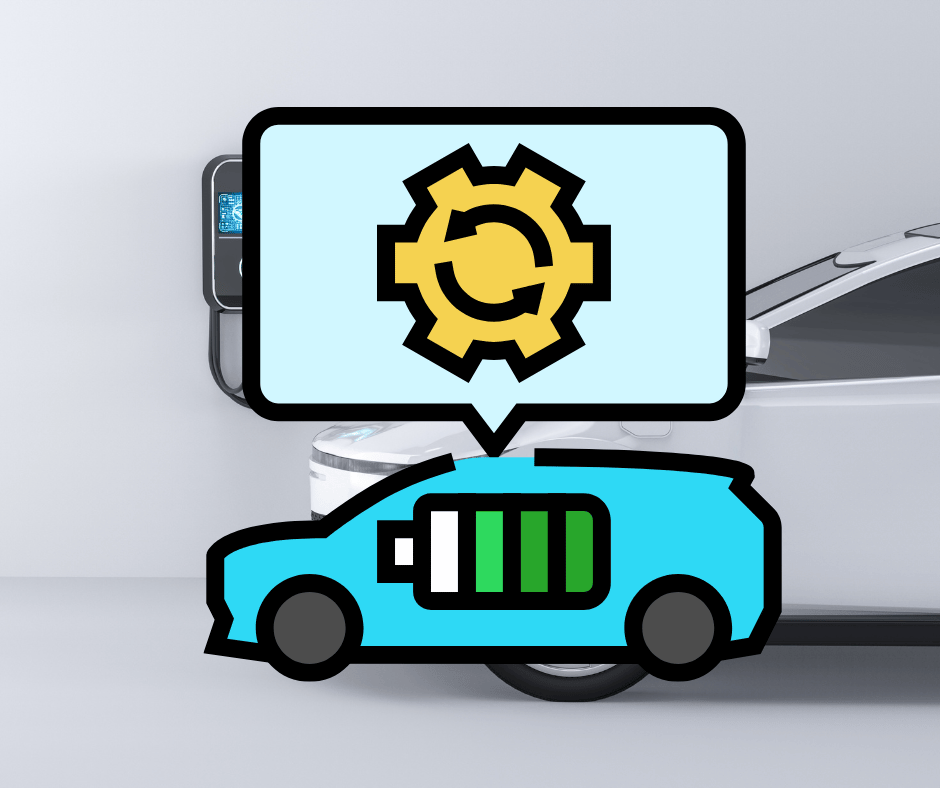In an era of escalating environmental concerns and rapid technological advancements, the transportation industry stands at a crossroads. Hybrid automobiles have emerged as a promising solution, blending the best of traditional internal combustion engines (ICE) and electric vehicles (EV). As more manufacturers and consumers lean towards sustainability and efficiency, hybrid vehicles are positioning themselves as a crucial component in the future of transportation.
The Rise of Hybrid Automobiles
Over the past two decades, hybrid vehicles have shifted from being niche products to mainstream options in the automotive industry. Major automakers, including Toyota, Honda, Ford, and Hyundai, have invested heavily in hybrid technology, resulting in a wide variety of hybrid models, from compact cars to SUVs.
The primary appeal of hybrid vehicles lies in their fuel efficiency and environmental benefits. By combining a gasoline engine with an electric motor, hybrids can achieve significantly better fuel economy than conventional vehicles. For example, the Toyota Prius, one of the pioneers of the hybrid movement, boasts fuel efficiency ratings that are nearly double those of comparable non-hybrid models. This results in lower greenhouse gas emissions, which is essential for combating climate change.
Environmental Impact: A Step Towards Sustainability
Hybrid automobiles represent a bridge between traditional fuel-based vehicles and the electric vehicles of the future. By leveraging both gas and electric power, they reduce carbon emissions while also addressing concerns related to the range anxiety often associated with fully electric cars.
Hybrid vehicles not only consume less fuel but also produce fewer emissions, making them a more environmentally friendly option for daily commutes and long-distance travel. Unlike pure electric vehicles that rely entirely on electricity and can produce indirect emissions through electricity generation, hybrids utilize energy more efficiently, reducing their overall environmental impact.
The positive environmental impact of hybrid vehicles is particularly relevant in urban areas, where pollution and traffic congestion are significant concerns. By adopting hybrid vehicles, cities can reduce their overall emissions footprint, contributing to cleaner air and a healthier environment for their inhabitants.
Cost Efficiency: A Wise Investment
One of the key selling points of hybrid vehicles is their cost efficiency. While hybrids typically have a higher upfront cost compared to their conventional counterparts, they can save drivers substantial amounts of money over the lifetime of the vehicle. Fuel savings are the most obvious financial benefit. With gas prices fluctuating and concerns about future oil supply, the efficiency of hybrid vehicles makes them an attractive option for budget-conscious consumers.
In addition to fuel savings, many countries offer tax incentives or rebates for purchasing hybrid vehicles, further offsetting the initial purchase cost. Some regions also provide additional benefits, such as access to carpool lanes or reduced toll fees, making hybrid vehicles even more appealing.
Moreover, hybrid cars tend to have lower maintenance costs compared to traditional gasoline vehicles. The combination of an electric motor and a smaller internal combustion engine means less wear and tear on the engine, resulting in fewer repairs and longer-lasting components.
Advanced Technology and Driving Experience
Hybrid automobiles are at the forefront of automotive technology. Equipped with advanced features such as regenerative braking, adaptive cruise control, and automatic start-stop systems, they offer a cutting-edge driving experience. Regenerative braking, for instance, captures energy that would otherwise be lost during braking and stores it in the battery for later use, increasing the vehicle’s efficiency.
Modern hybrids are also designed with comfort and performance in mind. The seamless transition between electric and gas power provides a smooth driving experience, with many hybrid vehicles delivering impressive acceleration and handling. The combination of advanced technology and a refined driving experience makes hybrids an appealing choice for drivers who prioritize both innovation and comfort.
The Role of Hybrid Vehicles in the Future of Transportation
As we look toward the future of transportation, hybrid vehicles are expected to play a critical role in the transition to a more sustainable and efficient automotive industry. While fully electric vehicles (EVs) are often hailed as the ultimate solution to reducing emissions, hybrids offer a more practical and accessible option for many consumers in the short to medium term.
Hybrid technology is continuously evolving, with plug-in hybrids (PHEVs) representing the next step in the evolution of the hybrid vehicle. PHEVs offer even greater fuel efficiency by allowing drivers to charge the vehicle’s battery from an external power source, enabling them to drive short distances on electric power alone. This reduces the reliance on gasoline even further and makes PHEVs an attractive option for eco-conscious consumers.
In addition to personal vehicles, hybrid technology is also being adopted in public transportation and commercial fleets. Hybrid buses, delivery trucks, and taxis are becoming increasingly common in cities around the world, contributing to reduced emissions and lower operational costs for businesses and municipalities.
Challenges and Opportunities Ahead
While hybrid vehicles offer many advantages, they are not without challenges. The production of hybrid vehicles requires complex manufacturing processes and the use of rare materials for batteries, which can have environmental and ethical implications. However, as battery technology continues to advance and recycling processes improve, these concerns are likely to diminish over time.
Another challenge is consumer awareness. Despite the benefits of hybrid vehicles, many consumers remain unaware of the advantages or are hesitant to adopt new technologies. This presents an opportunity for automakers and policymakers to invest in education and marketing efforts to promote the widespread adoption of hybrid vehicles.
Looking forward, the future of hybrid automobiles is bright. As governments around the world set ambitious targets for reducing emissions and transitioning to renewable energy, hybrid vehicles will play a pivotal role in achieving these goals. By offering a balance between performance, efficiency, and environmental responsibility, hybrids are well-positioned to lead the charge towards a more sustainable transportation future.



